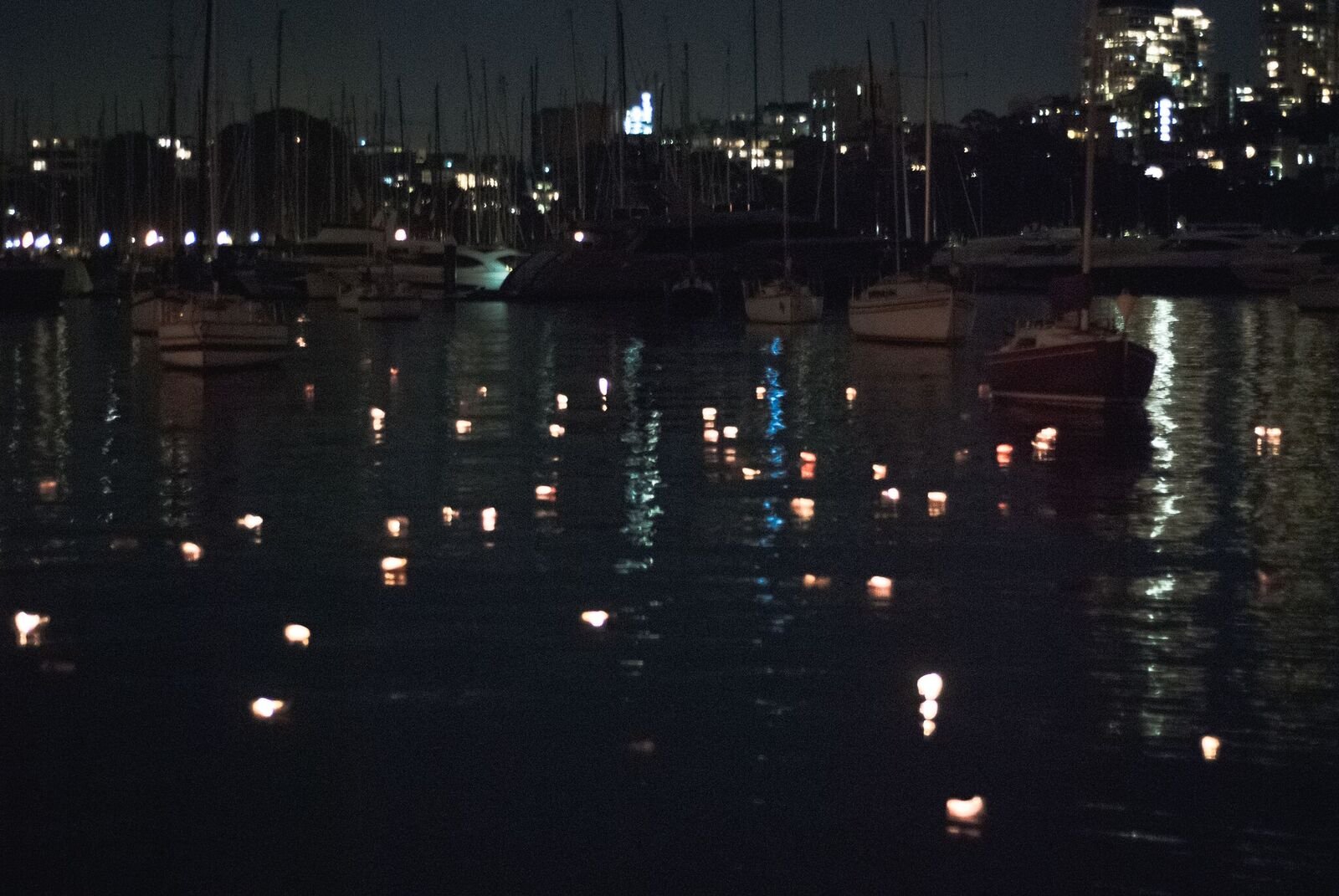
Do You Think About Death and Dying?
In contemporary Western culture death and dying are generally regarded as something to fight against, deny, hide from public view and above all fear. But what if we were to look at them differently? Despite understandable fear and denial, we may have very good reasons to want to learn more about death and dying. Thinking about and experiencing mortality–our own and that of others–can make us our lives richer, deeper and more valuable to us. Mortality in truth is the intensification of life.
The 2025 Sydney edition of the Festival of Death and Dying will take place 22-23 November at 1c New Beach Road, Rushcutters Bay. It is a unique event which features over 20 participatory workshops, performances, talks and ceremonies on different aspects of death and dying over two days. In addition to talks and discussions, you will have experiences, which do justice to the spectrum of what is at stake in mortality.
Festival Director: Peter Banki, Ph.D
Curatorial Advisor and Festival Dramaturgy: Victoria Spence
Testimonials From our Participants
Read articles about the Festival of Death and Dying in the Sydney Morning Herald, on the ABC, and News.com
Our 2025 Program will be announced soon.
Click Below to See Last Year’s Program
Do you want to propose something at our next festival? A workshop, performance or installation? Please fill out the form here.

"“Not just what death can take from you, but what death can give to you."
Victoria Spence
